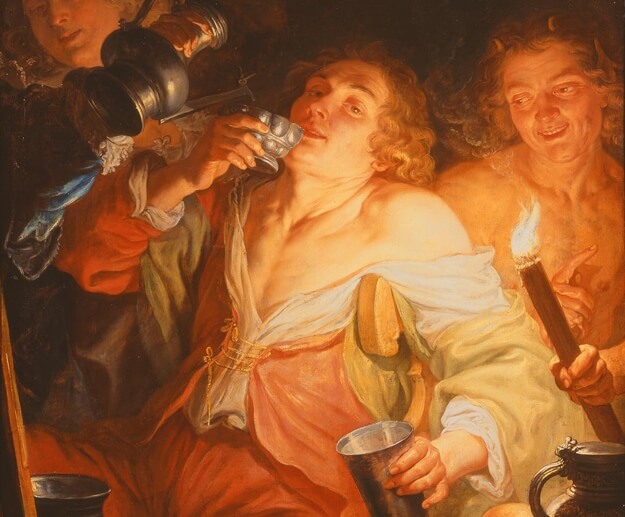
Only Theoretical
Is there really a death penalty for rebellious children? Even in Talmudic times, it was clear that the severe punishment for the “wayward and rebellious son” (Deut. 21:18-21) is only “on the books.”
There never was, nor will there ever be, a child who meets all of the legal qualifications of the ‘wayward and rebellious son.’ Why then was this law written? That you may study it and receive reward [for the Torah learning, despite its lack of practical application]. (Sanhedrin 71a)
Does this law serve no other purpose other than as a theoretical area of study?
Preventative Medicine
While the field of medicine has made tremendous strides over the centuries, it is widely recognized that its greatest successes have been in the area of preventive medicine. Efforts to ensure clean air and water, sewage treatment, public education on healthy lifestyles and food, and immunization against infectious diseases, have been the most important factors in fighting disease and increasing life expectancy.
We should similarly appreciate the benefit of the Torah and its mitzvot in terms of the most effective assistance: preventing harm and ruin. Thus, God promised, “If you obey God ... keeping all His decrees, I will not strike you with any of the sicknesses that I brought on Egypt. I am God, your Physician” (Ex. 15:26). The healing powers of the Torah should be compared to preventive medicine. It provides a healthy lifestyle that does not leave room for affliction. God did not promise that He will cure us of the sicknesses of Egypt. Rather, by faithfully following the Torah, we will not be visited by those maladies.
What does this have to do with the hypothetical “rebellious son”? By educating the people about the draconian punishment for the rebellious child, the Torah helps prevent this tragic breakdown in family and society from occurring in the first place. This is what the Talmud means by “Study it and receive reward” — the very study of the subject is its own reward. As each generation is educated about the dangers of the “rebellious son” and absorbs the message of the gravity of the offense, this deplorable situation is avoided.
Teaching For Free
We often take for grant the truly important things in life, such as peace, freedom, mental and physical health. They safeguard our happiness and well-being, yet we only properly appreciate them in their absence. Inconsequential matters, on the other hand, are just the opposite. They come to our attention only when they are present and visible. As the Talmud (Sotah 8a) teaches, “The evil inclination only rules over what the eyes can see.”
This explanation can shed light on why one should not accept payment for teaching Torah. “Just as I taught for free, so you shall teach for free” (Nedarim 37a). The most vital aspects of life, protecting our health and well-being, cannot be procured with money. Thus, a doctor who heals a sick patient may request remuneration for his services, but one who chases away a lion and averts damage to his neighbor’s possessions may not demand a reward. What is the difference? The doctor may be paid for after-the-fact healing, but the greater benefit — preventing potential injury — must be provided free of charge.
This is the lesson of the “rebellious son,” the Torah’s preventive medicine to safeguard familial and social order. “Study it and receive reward.”
(Gold from the Land of Israel, pp. 324-326. Adapted from Otzarot HaRe’iyah vol. II, p. 187)
Illustration image: ‘Gluttony,’ circa 1642, by Jacques de l'Ange (1631–1642)